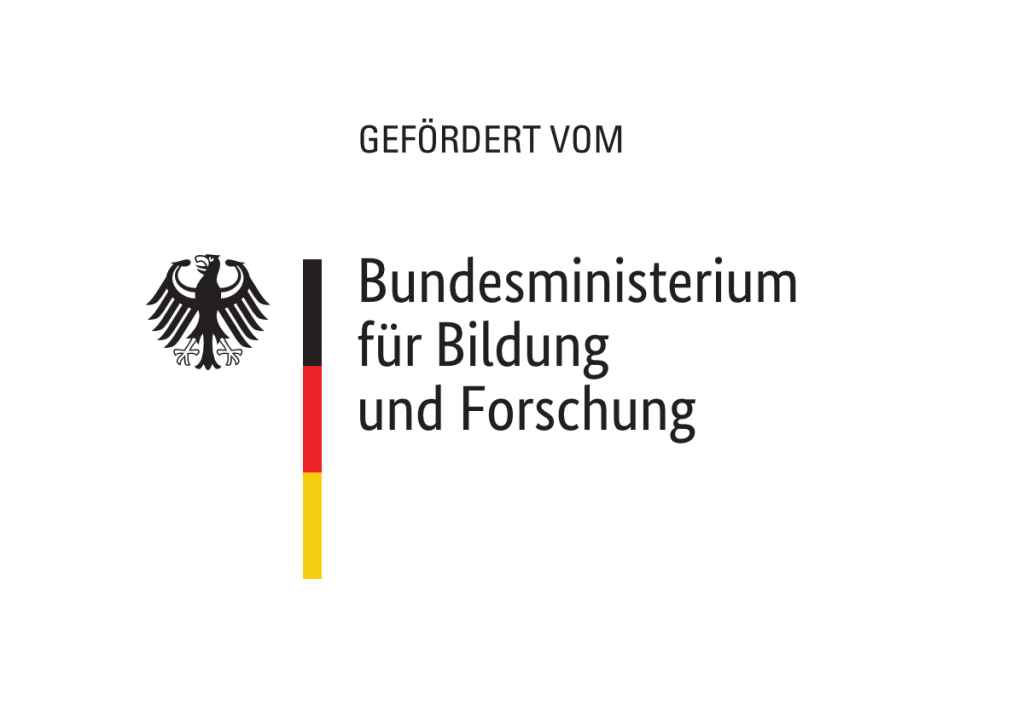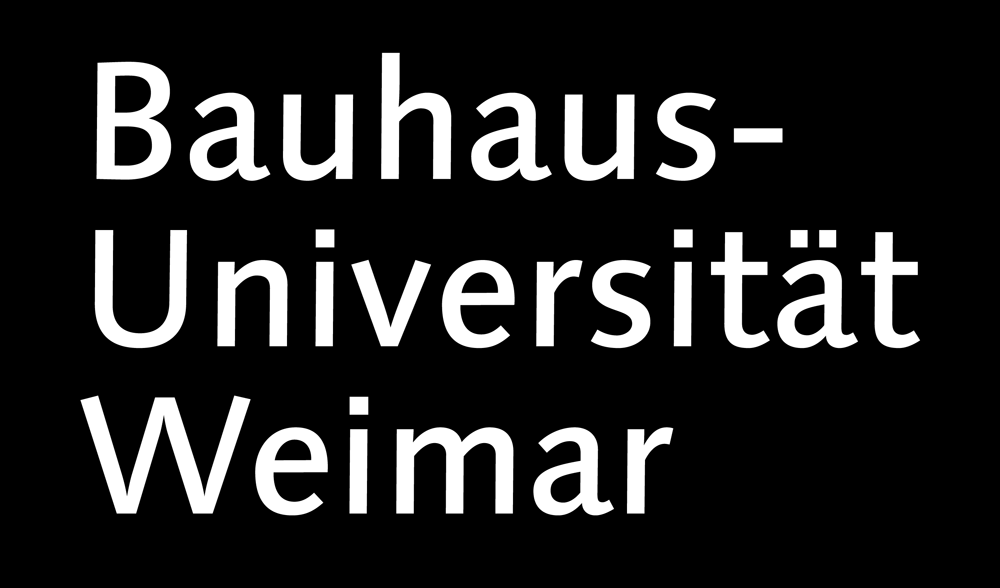With “GROOVE” to more closeness in virtual spaces
Brandenburg Labs, in collaboration with Bauhaus-Universität Weimar, TU Ilmenau, and Consensive GmbH, is launching the joint project, “GROOVE – Experienced Synchronization for Connectedness and Closeness in Social Virtual Reality”. The project is funded for three years by the Federal Ministry of Education and Research (BMBF) with over 1.5 million euros.

Copyright: Alexander Kulik, Consensive GmbH
The GROOVE project aims to induce social entrainment in virtual environments to sustainably strengthen feelings of personal connectedness. Often groups of friends live all over the country, couples are in long-distance relationships, or grandparents live far away from their grandchildren. How can you still spend time together with more proximity than in a video conference? More and more people are using social virtual reality for this purpose: They meet in virtual worlds and do something together there, such as singing, dancing or playing exercise games. Social virtual reality enables people to experience such interpersonal interaction together even across distances. However, current VR applications do not support precise temporal synchronization. Activities of the respective other person are not experienced simultaneously and the interaction parties literally get out of sync.
Social virtual reality offers a variety of possibilities to meet people in different virtual locations. In these virtual environments, the users perceive each other in the form of avatars and are able to communicate verbally and with gestures, just like in real life.
Collaborative activities such as dancing, singing, or movement games are based on the synchronization of interpersonal interaction and are particularly suited to evoke feelings of belonging and strengthen social bonds. GROOVE aspires to enable social virtual entrainment, i.e., experienced behavioral synchronization, despite unavoidable transmission latency through clever interaction design in social virtual reality. The goal is to address the cognitive-psychological factors that underlie human behavior synchronization.
Brandenburg Labs acts as the expert for all audio components and auditory issues in the project. The company draws on many years of research in the field of audio while focusing on the development of technology that creates perfect lifelike audio experiences for headphones. It allows virtual sounds to fit seamlessly into the lives of users, bridging the gap between the real and digital worlds.
Three departments of the Bauhaus University Weimar are also involved in the project. They are coordinated by Prof. Dr. Eva Hornecker and her HCI working group, which has extensive research expertise in Tangible and Embodied Interaction. The group is responsible, in particular, for the project’s coordination and the project’s human-centered design process.
Furthermore, Prof. Dr. Bernd Fröhlich, Chair of Virtual Reality Systems, and his Virtual Reality and Visualization Research group conduct research and development in the areas of collaborative virtual reality, 3D user interfaces, and the like. In this project, the group is mainly involved in developing and implementing interactive social VR systems.
Similarly, Jun.-Prof. Dr. Jan Ehlers’s research mainly focuses on application-perspective issues in the field of psychophysiological interaction design. On this project, Jun.-Prof. Ehlers contributes his expertise in empirical research methodology to the study-centered project work.
Prof. Dr. Nicola Döring, Chair of the Department of Media Psychology and Media Conception at TU Ilmenau, has extensive research experience on psychosocial aspects of the use of modern information and communication technologies, including social robots, AR, and VR systems. In the project, Prof. Döring and her team are responsible for the summative evaluation of the technical solutions developed by the partners. Also, they are going to create experimental designs to assess individual components as well as the final demonstrators. Furthermore, they will focus on the entrainment promoting interaction design and the project’s human-centered development process.
Consensive GmbH, led by Dr. Alexander Kulik, is a spin-off of the Virtual Reality and Visualization Research Group at the Bauhaus-Universität Weimar. Consensive has expertise in developing powerful graphics software and telepresence technologies, as well as in the human-centric development of cooperative user interfaces for multi-user VR applications. Consensive contributes to multiple aspects of the project. This includes the research-heavy developments in latency-minimized synchronized VR infrastructure and leading the development of the demonstrator social entrainment apps.
About the funding program “Closeness over Distance – Enabling Interpersonal Connectedness with Interactive Technologies”:
The aim of the BMBF funding is to provide new concepts for innovative interactive technologies, products and services, which enable people to stay close to each other across spatial distances. With the help of new technology-based forms of interaction, it is intended to facilitate the maintenance of meaningful social relationships. This contributes to increasing individual resilience and quality of life.






